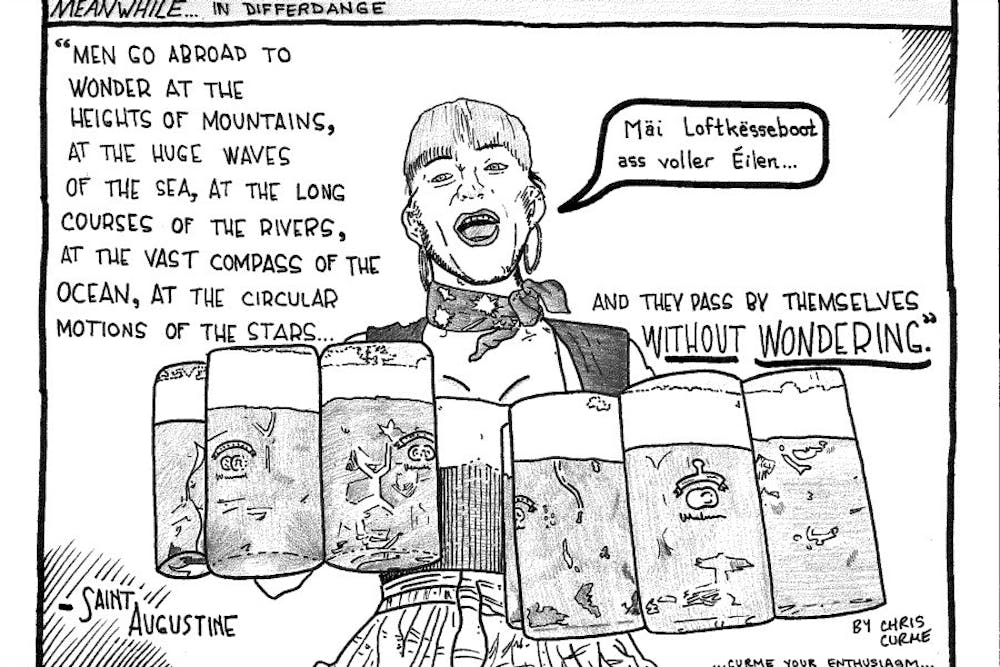By Callie Furnas, For The Miami Student
In the fall of 2013, Miami University implemented a joint policy with the Oxford and Miami Police Department to protect the health and wellness of students.
The Good Samaritan Policy, also known as the Medical Amnesty Policy, offers students an opportunity to seek the emergency help they may need for themselves or a friend when under the influence of alcohol or drugs without legal consequence.
According to Students for Sensible Drug Policy, there are now more than 240 colleges and universities with some form of a Good Samaritan Policy.
"Every year, you read about students who have died from drinking too much," Sgt. Jon Varley of the Oxford Police Department said. "The biggest reason they are afraid to call is because someone could get in trouble."
Each year, an estimated 1,825 college students between the ages of 18 and 24 die from alcohol-related unintentional injuries, according to the National Institute on Alcohol Abuse and Alcoholism.
"The purpose is to save lives, that's the bottom line," said Susan Vaughn, director of Ethics and Student Conflict Resolution at Miami.
The Good Samaritan Policy is meant to provide help to students before they reach the point of serious injury or death.
"I believe that the policy probably saved my friends life," junior Montanna Card said. "It was comforting knowing that I was able to get her help without getting her in trouble."
Card found her friend extremely intoxicated at a residence hall her sophomore year. She reached out to her RA who then helped her call emergency personnel that assessed the situation and transported the intoxicated student to McCullough-Hyde Memorial Hospital.
Miami's policy differs from other universities in the way that they implement it. Under the policy, a student may receive one exemption in a year from a violation of code of conduct if found at a residence hall and Miami University Police are present, according to Vaughn.
"People don't always learn from that one mistake," Vaughn said. "We have the obligation to educate you and help you make better decisions."
Enjoy what you're reading?
Signup for our newsletter
According to the Miami University Good Samaritan Policy,
ollowing medical assistance, students are required to meet with the Office of Ethics and Student Conflict Resolution, take an educational course, and then meet with a substance abuse specialist for an assessment. Students are expected to pay all associated costs.
After a year to the date of the violation, the record of the exemption is erased, the only information kept by the university is numbers and they are kept for statistics, according to Vaughn.
According to Varley, if the Oxford Police Department is called to a situation off-campus, they do not have the obligation to report it to the university and no further action is taken.
"The only documentation is a medical run," Varley said. "We don't write up a police report naming names or anything like that."
Both circumstances, on-campus and off-campus, though dealt with differently, have the same common goal - student safety and well being. According to Varley, when someone is intoxicated and calling for help the police are not worried about arresting anyone, the police are there to make sure they get the help they need.
When students are aware that a medical amnesty policy is in effect, they are two and a half times more likely than students who expect to face disciplinary actions to call for help when witnessing the signs of alcohol poisoning, according to the Journal of Student Affairs Research and Practice.
"I'm happy I had actually just heard about the policy like a week before the incident," Card said. "It was really scary when I realized how drunk she was and I couldn't help her myself, the policy is something that actually helps."




